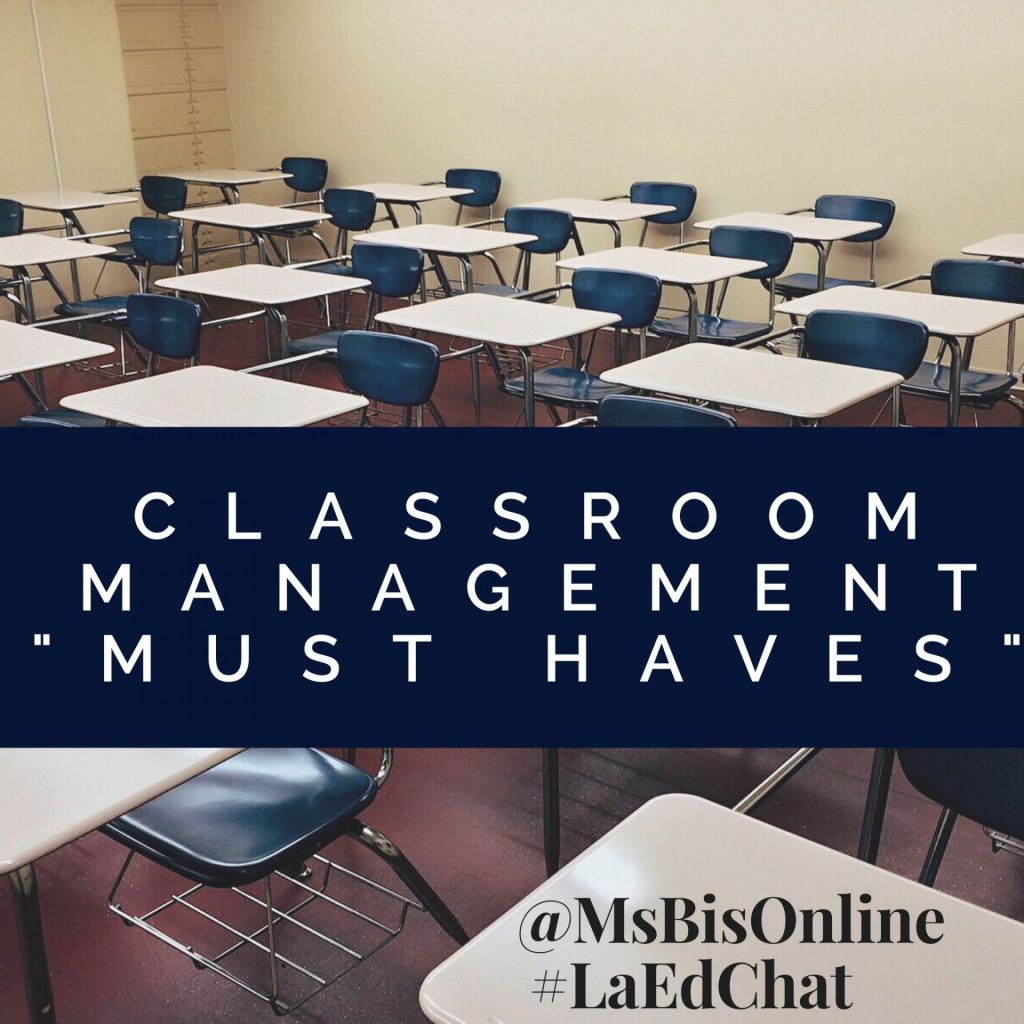Build a Rapport With Your Students
Contrary to popular belief, teachers who develop positive working relationships with their students do not do so by magic. I’ve found that developing a good rapport with students takes strategic planning. My formula:
- Establish rules with your students to create a class community.
- Be stern yet caring.
- Clearly communicate expectations to your students on day one.
Forming Class Rules is one part of the process of conveying clear expectations to students, which is critical for creating a productive learning environment. Other areas that need to be addressed within the first week of school:
- Giving students a list of materials that will be needed daily (binder, pens, pencils, folders, etc.)
- Communicating the methods that will be used to assess their work (i.e. rubrics).
- Providing visual examples of what is considered “presentable work” and what is considered “unacceptable work.”
Management Paperwork
- Notebooks or participation sheets – students need to be held responsible for their work and having them document class assignments and their performance is a way of doing this
- Seating charts – in the working world, work is completed with the interaction of others
- Intervention sheets – students who are in danger of failing need to complete an intervention sheet that states how they will bring up grades.
- Online tracking – Google Docs and Forms allow you to track behavior, and attendance
Atmosphere
- Soften the Lights
- Reduce Clutter – Use crates and baskets for those things you want out of sight but handy when needed.
- Post your time – When planning your lessons, chunk your agenda/activities and post the anticipated time to make sure you use every minute.
- Music to calm the savage beasts
- Classroom Helpers / Leadership Team – Assign tasks to students so that they can take ownership in the class. They can position equipment, connect the projection device, distribute/collect papers, take attendance, distribute/gather resources,
- Transition cue – Sounding a small bell or chime can bring the class to order much more effectively than trying to talk over the noise.
- Time for Talking – because they are social, allow a few minutes and have quick “chat breaks”
- Mini Dance Party – be brave and use music to lighten up the mood with a One-Minute Dance Party. Play fast dance music and at the end of the minute (or song), it’s back to business.

